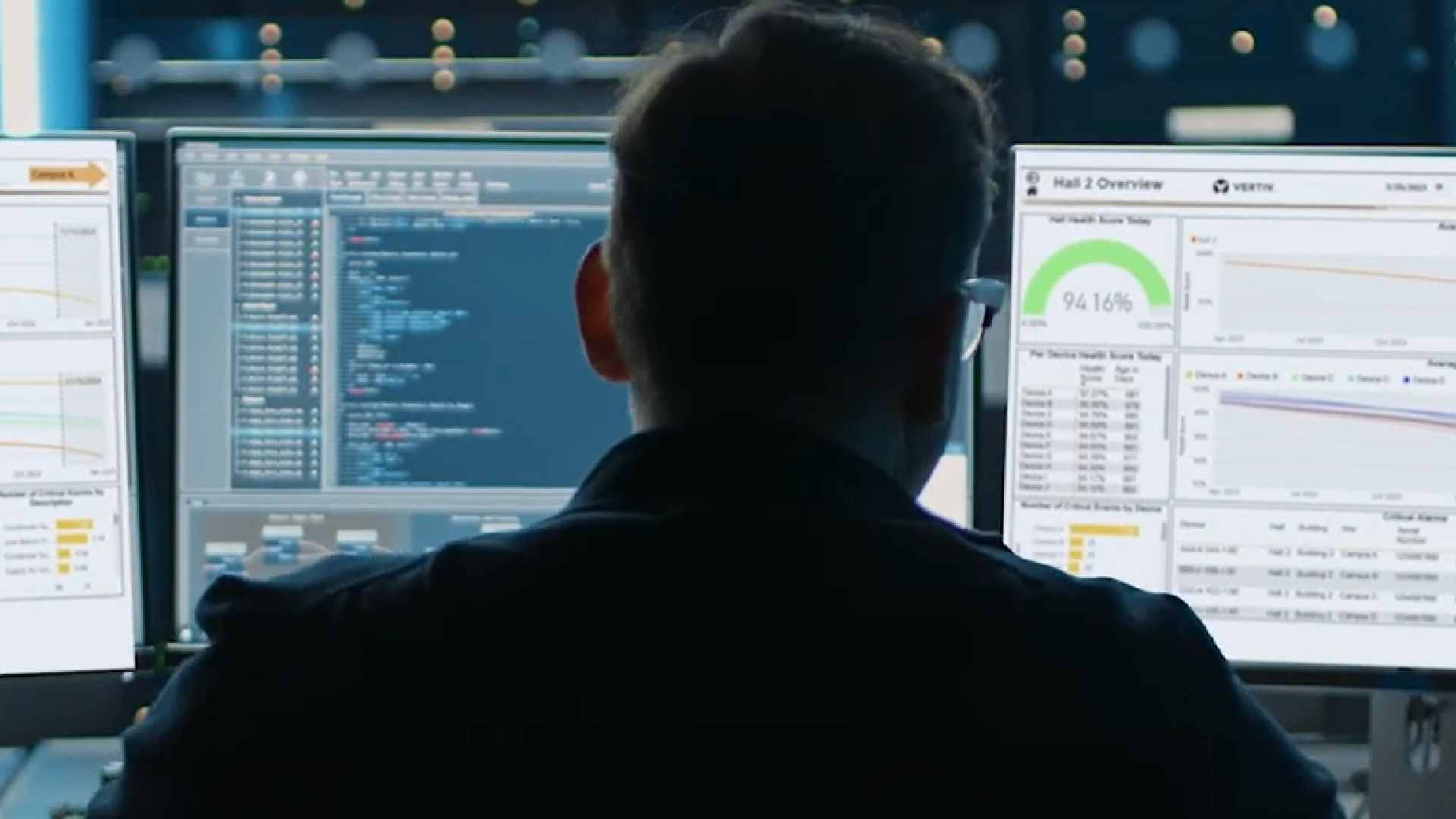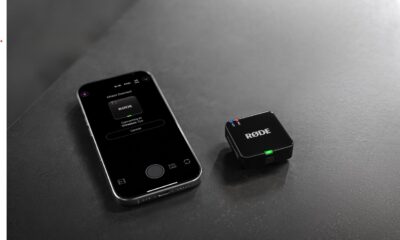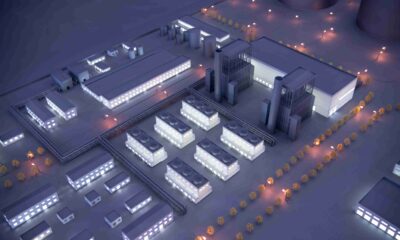Uncategorized
Computex 2016 concludes on a successful note
COMPUTEX TAIPEI 2016 showcased from May 31st to June 4th, bringing together global technology companies such as ABB, Acer, Audi, BenQ, Cooler Master, MSI, SAMSUNG, Siemens, Mercedes-Benz, and more targeting 4 main themes: IoT applications, business solutions, innovations and startups, and gaming. This influential and important global ICT event attracted 40,969 international ICT professionals to the show, an increase of 4.7% from last year. International visitors came from 177 countries worldwide, growing by 9%. Top 5 countries/regions that produced the greatest turnout of international visitors are: China, Japan, USA, Hong Kong and Korea, showing the influence and importance of COMPUTEX while echoing its new position of “build partnerships in internet computing ecosystems”.
COMPUTEX 2016 hosted 1,602 local and international exhibitors occupying 5,009 booths, including 23% first-timers. COMPUTEX attracts great number of local and international buyers each year. This year, TAITRA arranged 822 1-on-1 procurement meetings to directly link 188 VIP buyers with exhibitors, promoting superior ICT products to the world, and facilitating engagements among tech professionals.
The debut of InnoVEX, exhibit for innovations and startups, also created new dynamics at COMPUTEX. Futuristic fabrications, event lineups on two stages, contests, and displays of 217 startups (including 25 award-winning teams) contributed their creativity and energy to attract 10,975 visits in three days. COMPUTEX continued to reinvent itself. For e-sports and gaming, COMPUTEX collaborated with HWBOT by holding HWBOT World Tour 2016 at COMPUTEX and invited global overclocking professionals to challenge hardware capabilities. Director of HWBOT Taiwan, Pieter Jan-Plaisier, said, “Great devices by gaming manufacturers in Taiwan and reputations of COMPUTEX attracted many overclocking masters to this debut event in Taiwan.” The Light Gallery of Taipei Nangang Exhibition Center, Hall 1 was redesigned into an overclocking arena for this unprecedented competition.
COMPUTEX 2016 focused on IoT development as great number of exhibitors displayed their latest smart devices including all aspects of IoT, smart retail, integrating virtual reality, 3D priting and comprehensive business solutions. During COMPUTEX, chip giant, Intel, announced its collaboration with Hon Hai for developing various network infrastructure technologies, fully demonstrating the importance of COMPUTEX in the ICT industry and how IoT will lead the next wave of industry revolution.
Besides IoT developments among established industry leaders, COMPUTEX 2016 also celebrated innovations and startups at the debut of InnoVEX exhibit. Startups around the world were invited to showcase their ideas, search for investments, or find regional distributors. This year, 217 startups from 27 countries enriched COMPUTEX 2016. InnoVEX Pitch Contest provided financial incentives and experienced judges, attracting 102 participating teams from 17 countries. After three eliminations, eight finalists competed on June 2nd. The winner was MoBagel, the only team from Taiwan selected in 500 Startups accelerator of 2015. It proposed “Real-Time Predictive Analytics for IoT Devices”, predicting big data analytics and combining artificial intelligence with connected home appliances for smart business forecasting.
The CPX Conference, organized by TAITRA, consisted of world tech leaders. The lineup of the 2-day conference included: CEO of ARM, Simon Segars; innovation designer for Milan Candidate City Expo 2015 and one of three major futurists in the world, Vito Di Bari; Rahul Patel, Senior Vice President and General Manager of connectivity, Qualcomm; Steve Wyatt, Group Vice President of ABB Robotics; Erdal Elver, President & CEO of Siemens Ltd. Taiwan; Lucas Wang, CEO of HWTrek; Allan Yang, CTO of Advantech; Simon Wang, Senior Director of Internet of Things Business Development, TSMC and more tech executives delivering keynote speeches on IoT applications, ecosystem partnership, and innovative startups, attracting over 2,300 audiences.
During the keynote, Simon Segard indicated, “IoT is no longer just an imaginary concept. Hardware-software integration will facilitate comprehensive solutions in various aspects. Under IoT ecosystem, technology, enterprise, platform and information integrations will enable more opportunities.” And Vito Di Bari pointed out; solid manufacturing capabilities in Taiwan had laid a solid foundation for technology innovations. It’s important to connect with ecosystem partners to develop and expand influences. COMPUTEX continues to contribute to technology developments with insights from tech executives and futurists at CPX Conference.
At the closing press conference, Walter Yeh, Executive Vice President of TAITRA, said, “TAITRA would like to express our gratitude to all supporters. COMPUTEX 2017 will open from May 30th to June 3rd with focuses on innovative technologies such as AI, VR, AR, and smart manufacturing to promote Taiwan’s influences in the ICT industry.”
Uncategorized
THE BIG CHILL CAFÉ INTRODUCES A COMFORT-DRIVEN IFTAR MENU THIS RAMADAN

This Ramadan, The Big Chill Café at Dubai Hills Mall invites guests to slow down, gather, and break their fast with a specially curated Iftar menu that blends comforting classics with generous portions and familiar flavours.
Designed for families, friends, and casual Ramadan catch-ups, the Iftar offering reflects The Big Chill Café’s signature style – wholesome, indulgent, and feel good – served in a relaxed café setting.
Guests can begin their meal with a selection of starters such as Minestrone Soup, Mediterranean Mezze with Hummus and Muhammara, Crispy Calamari, Chicken Tenders, or Panko-crumbed Prawns. The menu then moves into hearty mains, featuring crowd favourites including Penne Primavera, Creamy Mushroom Chicken Pasta, Saffron Risotto with Prawns, Hand-tossed Pizzas, and flavourful grill options.
For those looking to elevate their Iftar, the grill selection includes Grilled Chicken Breast, Slow-cooked Lamb Shank, Flame-grilled Steak with Cowboy Butter, and Tuscan-style Salmon, available with a small supplement.
To finish, The Big Chill Café turns up the indulgence with a dessert selection made for lingering over conversations. Guests can dive into the signature Molten Dubai Lava Cake with its rich and flowing centre, enjoy the comforting sweetness of Banoffee Pie, or opt for the fragrant Saffron Tres Leches Cake. Lighter yet nostalgic options like Date Ice Cream and crowd-favourite Biscoff Ice Cream round off the experience, offering something for every kind of sweet craving after Iftar.
Whether it’s a relaxed weekday Iftar or a long catch-up after prayers, The Big Chill Café’s Ramadan menu offers a warm and satisfying way to come together this holy month.
Uncategorized
VERTIVANNOUNCES NEW AI-POWERED PREDICTIVE MAINTENANCE SERVICE FOR MODERN DATA CENTERS AND AI FACTORIES

Vertiv (NYSE: VRT), a global leader in critical digital infrastructure, today announced the launch of Vertiv™ Next Predict, an AI-powered managed service that fundamentally transforms data center maintenance. Moving beyond traditional time-based and reactive models, the service industrializes operations by analyzing asset behavior before risks materialize. Vertiv Next Predict is the latest advancement in Vertiv’s integrated AI infrastructure portfolio, designed to deliver predictive intelligence across power, cooling, and IT systems—creating a unified, resilient foundation for AI-driven data centers.
As AI workloads reshape the data center landscape, facilities require improved visibility and control across critical infrastructure to maintain operational continuity and performance at scale. Implementing advanced analytics and predictive maintenance strategies helps organizations address these challenges and maintain consistent performance across distributed environments.
“Data center operators need innovative technologies to stay ahead of potential risks, as compute intensity rises and infrastructures evolve,” said Ryan Jarvis, vice president of the global services business unit at Vertiv. “Vertiv Next Predict helps data centers unlock uptime, shifting maintenance from traditional calendar-based routines to a proactive, data-driven strategy. We move from assumptions to informed decisions, by continuously monitoring equipment condition and enabling risk mitigation before potential impacts to operations.”
Vertiv Next Predict leverages AI-based anomaly detection to continuously analyze operating conditions and identify deviations from expected behaviors at an early stage, and a predictive algorithm that assesses potential operational impact to determine risk and prioritize response. Root cause analysis then isolates the contributing factors to support efficient and targeted resolution. Based on system data and the specific operational context, prescriptive actions are defined and carried through to execution, with corrective measures performed by qualified Vertiv™ Services personnel.
Engineered for versatility and future growth, Vertiv™ Next Predict currently supports a broad and expanding range of Vertiv™ power and cooling platforms—including battery energy storage solutions (BESS) and liquid cooling components. More importantly, the service is designed with scalability in mind, to enable seamless integration with future data center technologies as part of a unified, grid-to-chip service architecture. This forward-looking approach means customers can adopt Vertiv Next Predict today, with the knowledge that it can evolve alongside their infrastructure needs.
The Vertiv Services organization has decades of service experience in critical digital infrastructure, a global network of Vertiv-trained technicians, and AI-powered analytics.
Uncategorized
BREAK YOUR FAST WITH MEDITERRANEAN FLAVOURS AT CUISINES, HOLIDAY INN DUBAI AL MAKTOUM AIRPORT

Celebrate the Holy Month with Mediterranean-inspired Iftar and Suhoor at Cuisines, Holiday Inn Dubai Al Maktoum Airport, from 16th February to 18th March
This Ramadan, Cuisines Restaurant at Holiday Inn Dubai Al Maktoum Airport invites guests to gather, unwind, and savour the spirit of the Holy Month with thoughtfully curated Iftar and Suhoor experiences inspired by Mediterranean flavours.
Iftar Experience
As the sun sets, guests are welcomed to break their fast with a generous Mediterranean spread, featuring authentic flavours, comforting classics, and seasonal favourites. Designed for relaxed evenings and meaningful moments, the Iftar offering is set in a warm and welcoming atmosphere, ideal for family gatherings, friends, or quiet reflection.
- Dates: 16 February – 18 March
- Timings: Sunset – 8:30 PM
Layali Mediterranean Suhoor
For late-night diners, Cuisines presents Layali Mediterranean Suhoor, a light yet nourishing Suhoor experience designed to keep you fueled through the fasting hours. Expect a selection of Mediterranean bites in a calm, laid-back setting, perfect for winding down before the day begins.
- Dates: 16 February – 18 March
- Timings: 12:00 AM – 3:30 AM
Whether joining for Iftar or Suhoor, Cuisines offers a simple, flavour-forward Ramadan experience centred on good food and togetherness.
Location: Cuisines Restaurant, Holiday Inn Dubai Al Maktoum Airport
-

 Tech News2 years ago
Tech News2 years agoDenodo Bolsters Executive Team by Hiring Christophe Culine as its Chief Revenue Officer
-
News10 years ago
SENDQUICK (TALARIAX) INTRODUCES SQOOPE – THE BREAKTHROUGH IN MOBILE MESSAGING
-

 VAR11 months ago
VAR11 months agoMicrosoft Launches New Surface Copilot+ PCs for Business
-

 Tech Interviews2 years ago
Tech Interviews2 years agoNavigating the Cybersecurity Landscape in Hybrid Work Environments
-

 Tech News7 months ago
Tech News7 months agoNothing Launches flagship Nothing Phone (3) and Headphone (1) in theme with the Iconic Museum of the Future in Dubai
-

 VAR1 year ago
VAR1 year agoSamsung Galaxy Z Fold6 vs Google Pixel 9 Pro Fold: Clash Of The Folding Phenoms
-

 Automotive1 year ago
Automotive1 year agoAGMC Launches the RIDDARA RD6 High Performance Fully Electric 4×4 Pickup
-

 Tech News2 years ago
Tech News2 years agoBrighton College Abu Dhabi and Brighton College Al Ain Donate 954 IT Devices in Support of ‘Donate Your Own Device’ Campaign




















